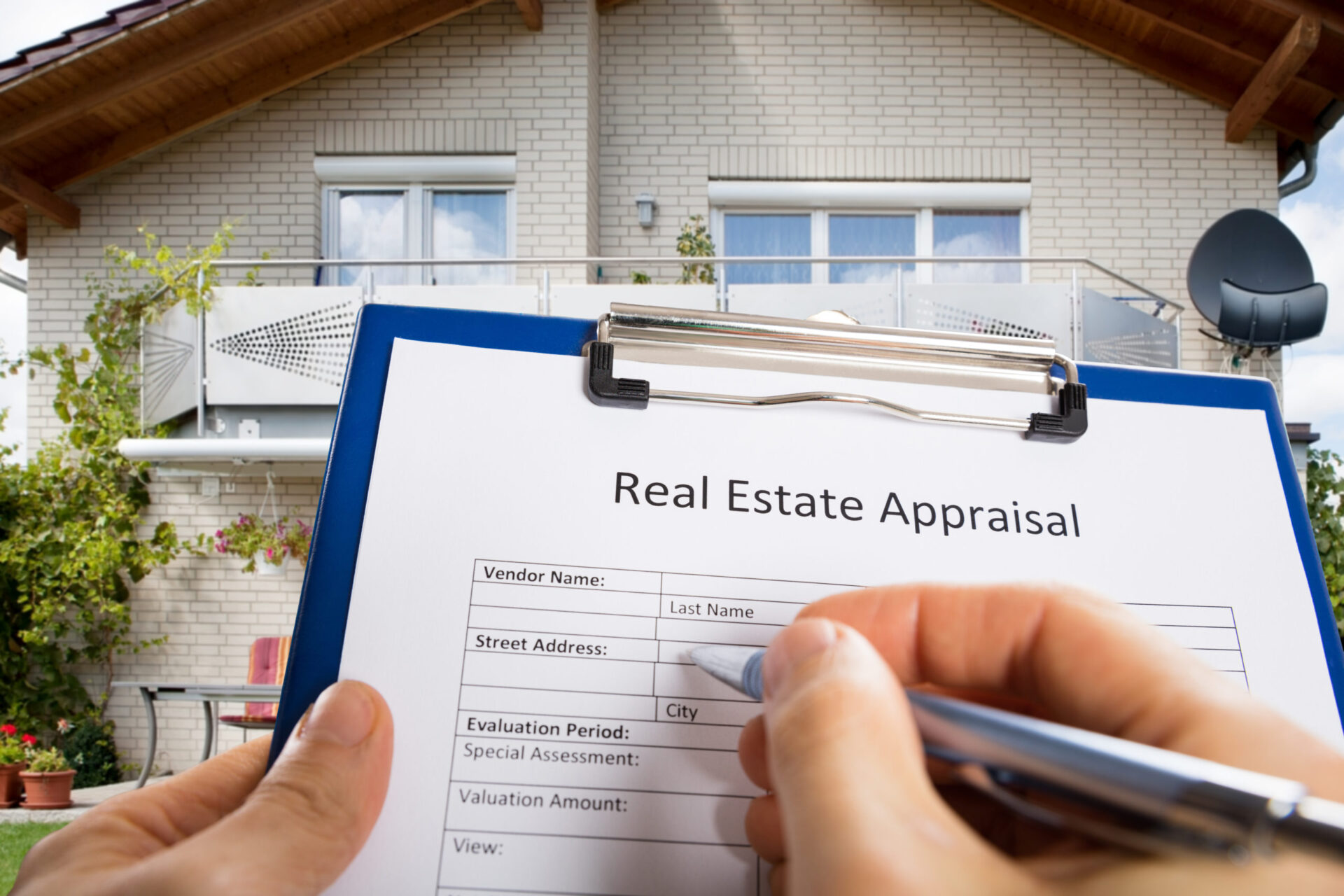By KIMBERLEY HAAS
The question of whether technology alone can eliminate racial bias during the home appraisal process came up during a hearing held in Washington, DC, on Wednesday.
The Federal Financial Institutions Examination Council’s Appraisal Subcommittee was holding its third public hearing when the topic was discussed.
Member JeanMarie Mattingly, who serves as deputy director of credit union resources and expansion, was asking questions of the panelists offering testimony. She started by asking about the work Freddie Mac and Fannie Mae are doing to monitor and assess appraisal reports for indications of bias.
Danny Wiley, senior director of single-family valuation at Freddie Mac, said they have an entire team focused on appraisal quality monitoring.
“We see problematic words in about one-third of 1% of appraisal reports,” Wiley said. “On one hand, it’s disappointing that we have that number at all, but then on the other hand, that’s pretty astounding that we’re really not seeing issues with well over 98% to 99% of the appraisal reports.”
Mattingly then asked about the work that is being done on alternative appraisal methods, which could, in theory, remove bias.
“So, I’ll open this up to anybody that’s on the panel, do we believe technology can replace the human element in developing appraisals and is that going to be the answer to removing bias from the appraisals?” Mattingly asked the panel.
Dean Kelker, who serves on the board of directors for the Real Estate Valuation Advocacy Association, said the availability of data and the increase in technology is of great assistance in the appraisal process, but as of right now, people still need to be involved to ensure fairness.
“We can all do searches for objectionable words but oftentimes, it really depends on the context of how the word is used. Homogeneous, when it’s used in the context of people in the neighborhood, it’s a biased term. If it’s used in the context of construction style, it’s pretty harmless. So those types of judgments generally get down to a particular individual having to look and make a decision. Again, the technology is making it easier to root out bias and get more balanced valuations but we’re not at the point of getting rid of the humans,” Kelker said.
Kelker is also the senior vice president and chief risk officer at SingleSource Property Solutions, a nationwide service provider that offers valuations, REO asset management, field services, titles and settlements, and document management.
Robbie Wilson, chief appraiser at RSDS Appraisal Diversity and president of the National Society of Real Estate Appraisers, said training people properly is the key to eliminating bias in the process.
“I don’t think technology solves the problem of bias at all. Because technology is also developed by human beings. So I don’t think technology is the answer at all,” Wilson said. “I think proper training, sound judgment, over time, from experience, is what will alleviate bias.”
Wiley said he liked Kelker’s answer.
“I think we can use technology to really help us. I think we can add transparency to the current process. I don’t think we can get to the point of totally eliminating the human appraiser,” Wiley said.
Julia Gordon, who serves as the assistant secretary for housing and federal housing commissioner at the U.S. Department of Housing and Urban Development, was present and asked Lyle Radke, senior director of collateral policy at Fannie Mae, about hybrid appraisal technologies.
Gordon was interested in the use of that technology in rural settings.
Radke said that hybrid appraisals can be helpful because instead of sending the appraiser out to inspect a property, somebody else goes out to the house and gathers information to give to the appraiser.
“This allows the appraiser to stay at home, work from their desk, and in a rural application that can be really useful in expanding the capacity of appraisers. So if you have a limited number of appraisers working in a rural area, they may need to drive a lot. They may be covering a large area. If you can eliminate all that drive time and all that fieldwork for the appraiser, they can take on more work and do more appraisals,” Radke said.
During her opening remarks before the start of the hearing, Gordon said modernizing the appraisal system and flushing out systematic bias is critical to addressing the nation’s growing racial wealth gap.
“As you know, we’re here to talk about appraisals. They’re a technical part of the housing finance system that helps us appropriately assess collateral risks in mortgage transactions. If there were nothing else there, for that reason alone, it would be critical that appraisals be accurate and unbiased. But we all know that appraisals play more than just a technical role. They’re essentially the financial expression of how we value any given property in any given neighborhood. And for way too long, the numbers in the appraisals told a story that most people would never actually say using words. Which is that often we value black and brown neighborhoods less than we value white ones,” Gordon said.
At the first Appraisal Subcommittee hearing held in January, witness testimony included homeowners with first-hand experience in receiving an undervaluation of their home, as well as academic research on the causes of appraisal bias.
May’s hearing focused on appraisal standards, appraiser qualification criteria, barriers to entry into the profession, and appraisal practices.
Members of the public can submit written comments on the topics covered during Wednesday’s hearing to [email protected] until November 15.
Read More Articles:
One-On-One With New Snapdocs CEO Michael Sachdev
Rocket’s Pathfinder Gets An Upgrade
Official: New ADU Policy Will Boost Supply Of Affordable Housing
Sign up for our newsletter.
